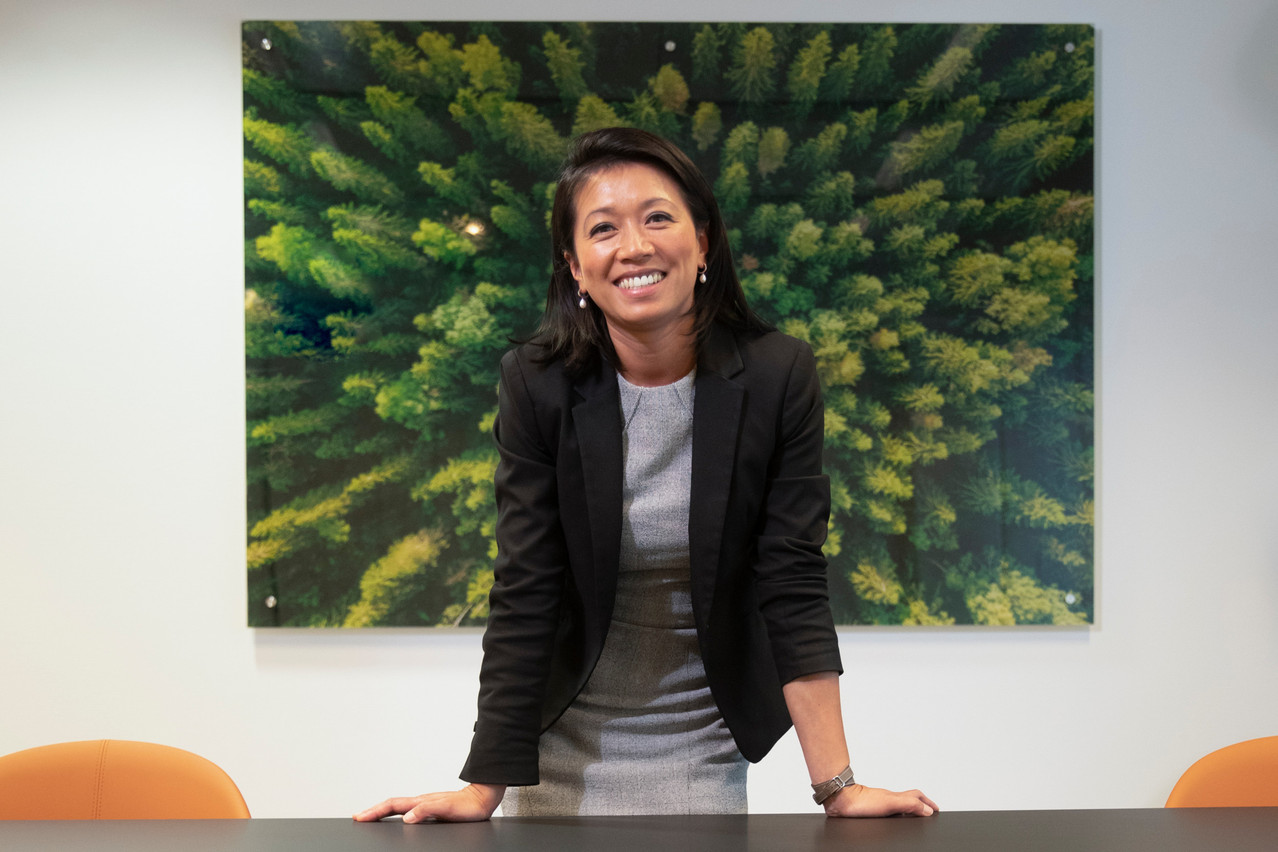Nordea Investment Funds, part of the Nordea banking group, has €115bn in assets under management and some 200 staff in Luxembourg.
Aaron Grunwald: What has been the hardest part of your transition to MD?
Sinor Chhor: The most challenging part is the fact that the areas that you’re involved in span so many directions. Actually, 20 hours within a day is not enough if you really want to deep dive into each of the different topics, because it spans from HR matters to finance matters to regulatory topics. All of that within a couple of hours. You have to [be able to quickly] switch your mind. And because I really want to get involved in the subject I’m working with, I actually don’t count hours. So that has been a real, real challenge for me, to just make sure that at the end of the day, I could stop and just do something else.
How are you handling that?
With the teams that I have, I really have this comfort that I’m working with very professional people, who are taking their responsibilities and ownership themselves. And that creates a feeling that you can trust people you’re working with. So that also makes me able to sleep at night.
Does the fact that you’ve already worked at Nordea for six years give you an advantage now?
It does. It definitely does, because the trust was already there. And I feel really lucky and proud of the trust that my colleagues have put in me in transitioning from within the group.
I’m the first woman named CEO of this company. So that shows how Nordia takes diversity and inclusion as very important. My nomination also shows my female colleagues that it is possible. I’m not different from any other woman around this organisation. I think as long as we are passionate about what we do, it shows the rest of the people that you can do as well [as any other employee].
Would you say that ESG criteria are the main focus of your funds?
It is, and it’s also part of our Nordic DNA within Nordea. We have been integrating sustainability for a decade now. So, our teams have been bred and fed with the ESG aspects. So I would say, when all this regulation kicked in, for us, it was not new. What was different is how we labelled those different processes. We had to give them a name that was concordant with the regulations, but those processes were already in place and the teams already exist as well. So, it hasn’t been so difficult for us to transition to an ESG organisation, because it has been part of the way we were working already.
Do you think that ESG funds are the number one opportunity for the Luxembourg funds sector overall?
Definitely. We have seen waves of regulation in the past years. But this one is, in my view, there to last. And it has a very healthy goal in reorienting capital flows into sustainable investments. I think that’s really important. When we are having headaches in understanding all this regulation, etc., at the end of day, that is what we need to bear in mind, ‘what was the main purpose of the regulation and this whole EU programme?’
What would you like to accomplish in terms of ESG this year and next year?
I can say that in 2021, there has been a lot of focus around the E. But I think what we have seen with covid-19 is that there are also concerns around the S aspect, and especially when it comes to healthcare and education. And that’s where the offering, in terms of our products, has been elaborated a bit more. We’ve added a global equity strategy, for example, focusing on social issues. That’s also, I think, what we would like to see further developing in 2022 and 2023, so not only the environmental aspect of ESG, but also social.
Any changes coming up for Nordea?
What is not a change, but what we would like to strengthen, is [that] we’ve put a lot of effort during 2021 in terms of enhancing our ESG target from a corporate perspective. We’ve talked a lot about our funds [during this interview], but it’s important, from an organisation perspective, to reflect a little bit on what we [as a firm] do with respect to ESG. And we’ve decided to reduce our carbon footprint from our internal operations. That means reducing, for example, our travelling, our usage of paper, water consumption, etc.
Do you have a good handle on your environmental footprint now?
That’s a target we have started to [work towards]. It’s the plan for 2022 and 2023, to set objective targets so that we are able to measure them. We’ve done that as well with our supplier selection, whereby we have integrated more [sustainability] questions into our due diligence process.
What else are you working on?
What we’ve called inclusive job ads, which take into account other aspects [than] just purely your profile as an expert, but also take into account those more unconscious bias aspects that we could have.
A version of this article first appeared in the edition of .
